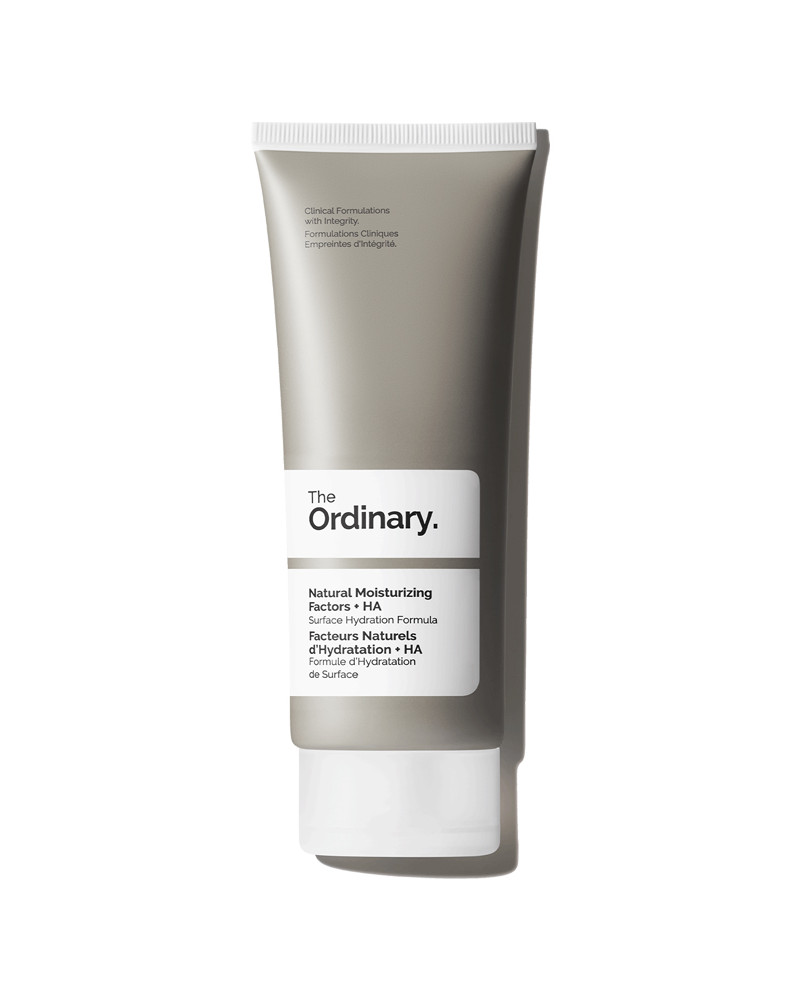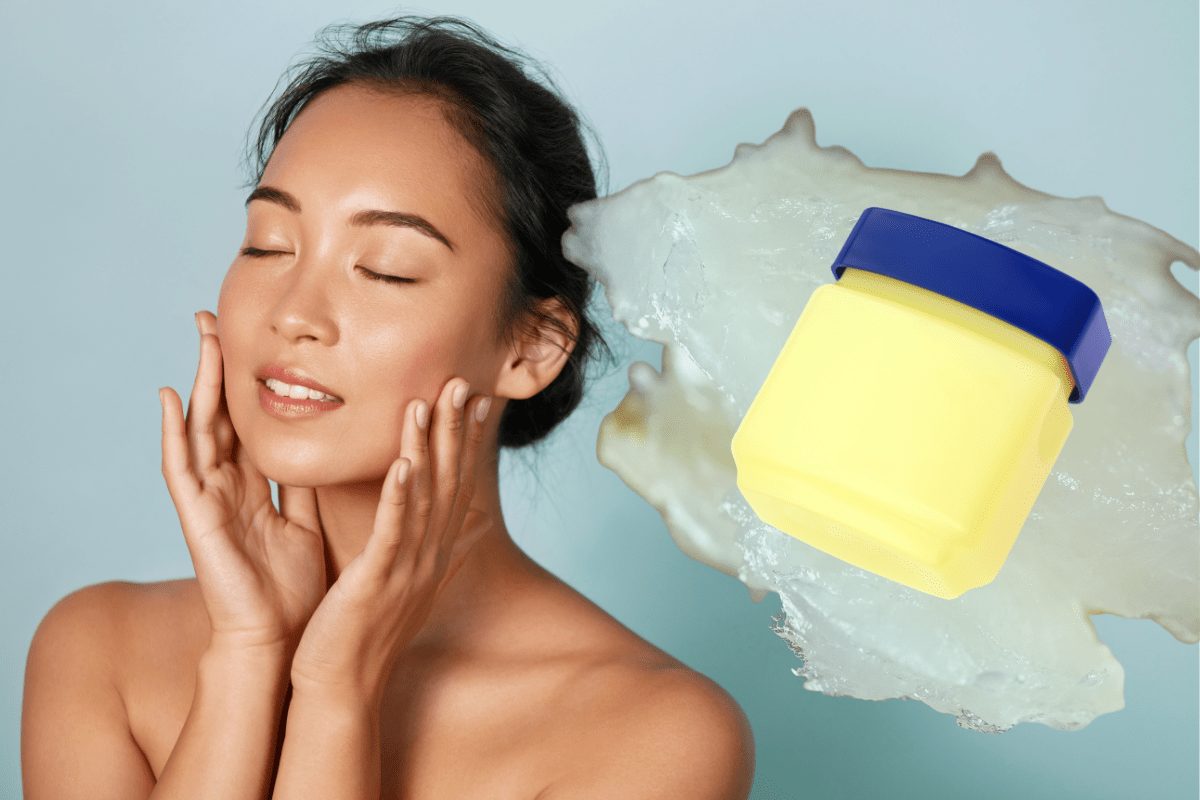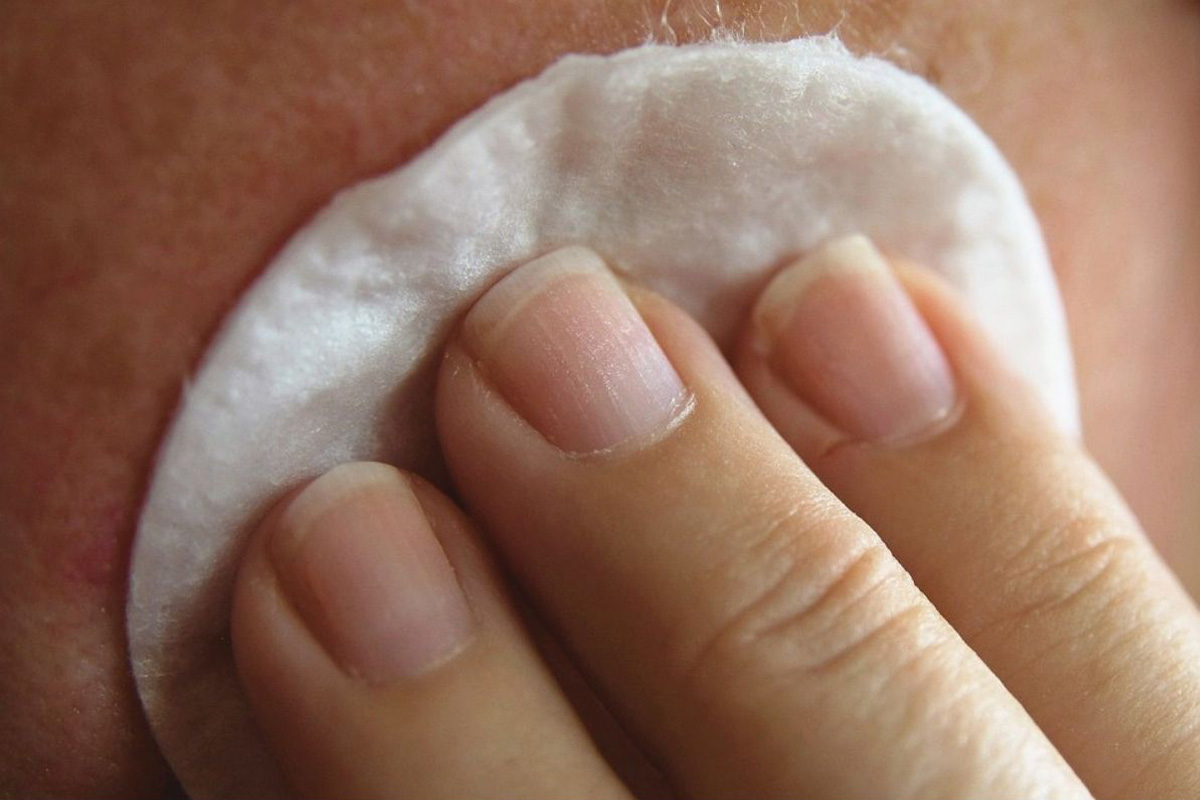No products in the cart.
- April 12, 2022
- Dehydrated
- By Ristina Hassan
Dry Vs Dehydrated Skin…What Are The Differences?
Aren't these two terms the same, though?
Table of Contents
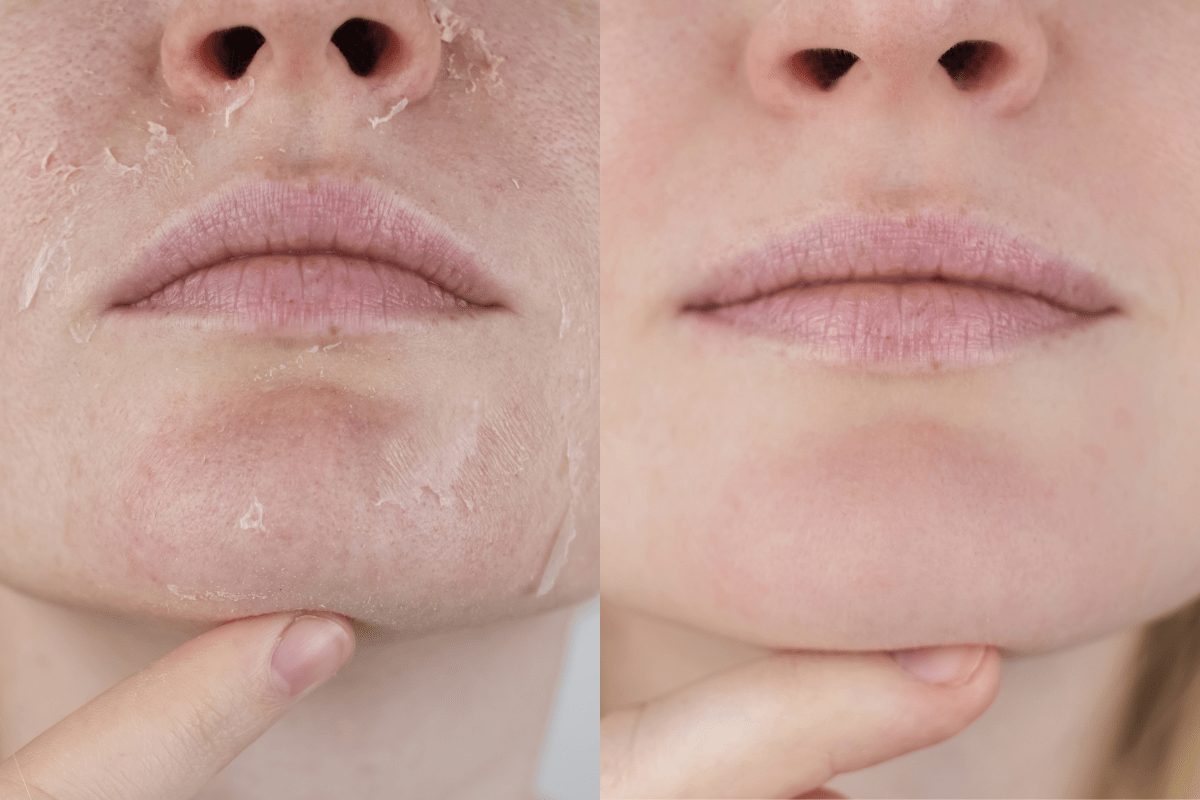
Heard the terms dry skin vs dehydrated skin but not entirely sure of the differences? Are you suffering from dry skin or dehydrated skin? But really, is it even essential to know?
While they are often used interchangeably, it is essential to know that dry and dehydrated skin is different!
The easiest way to remember it is dry skin is caused by lack of oil, whereas dehydrated skin is caused by lack of water.
Dry skin is a skin type that lacks oil, so it becomes flakier than other skin types. On the other hand, dehydrated skin is a condition where there is not enough water in the skin. Dehydrated skin can happen to any skin type – dry, oily, or combination skin can experience dehydration.
Hopefully, this post will help you debunk any confusion on dry vs dehydrated skin, and we will share with you tips to combat dehydrated skin.
What Is Dry Skin?
Dry skin is similar to other common skin types, such as oily skin or combination skin. It happens when the skin does not have enough oil or lipids. Dry skin makes the skin appear flaky and well, dry compared to other skin types.
Related: Getting to Know My Skin: Dry Skin 101
Depending on the dryness level, you can feel uncomfortable if you have dry skin. The skin might peel, become itchy, or breaks open to form wounds if the dryness is severe. Dry skin can be more obvious around eyebrows, corners of the mouth, and the nose area.
Contrary to popular belief, dry skin is not a temporary condition as skin types tend to be caused by genetics. Therefore, it is not completely “fixable” or “treatable”. However, using specific ingredients can improve dry skin.
The Best Ingredients For Dry Skin
If you have dry skin and want to improve the appearance of your skin, you can try incorporating certain ingredients into your skincare routine. Boosting the oil that is lacking in dry skin is of utmost importance. Thus, using skincare products that contain natural oil is excellent to help reduce dry skin appearance.
Applying emollient-type, thicker moisturisers and serums can help dry skin. In particular, choose oil-based moisturisers over water-based ones. Choosing moisturisers and serums with ceramides and niacinamide is great for dry skin as it helps the skin to retain moisture and make it more supple.
When washing your face, choose gentle moisturising facial cleansers that do not strip natural oils from the skin. If your skin feels tight after cleansing, there is a high chance that your current facial wash is too strong for your skin. The skin should feel supple and smooth, not tight and uncomfortable!
Choose facial cleansers that contain ingredients suitable for dry skin such as hyaluronic acid, lactic acid, ceramides, and natural oils such as jojoba oil and avocado oil. To prevent drying out the skin further, try to avoid ingredients such as alcohol, sulfates, benzoyl peroxide, and artificial dyes!
Related: Skincare School: How to Use a Facial Cleanser
The same goes for your facial scrubs. Avoid facial scrubs that are too stripping and opt for chemical scrub instead.
Also, ingesting the correct type of supplements helps, too. Food that has high natural Omega-3 fatty acids such as salmon, mackerel, chia seeds, and walnuts can help to improve dry skin in the long run.
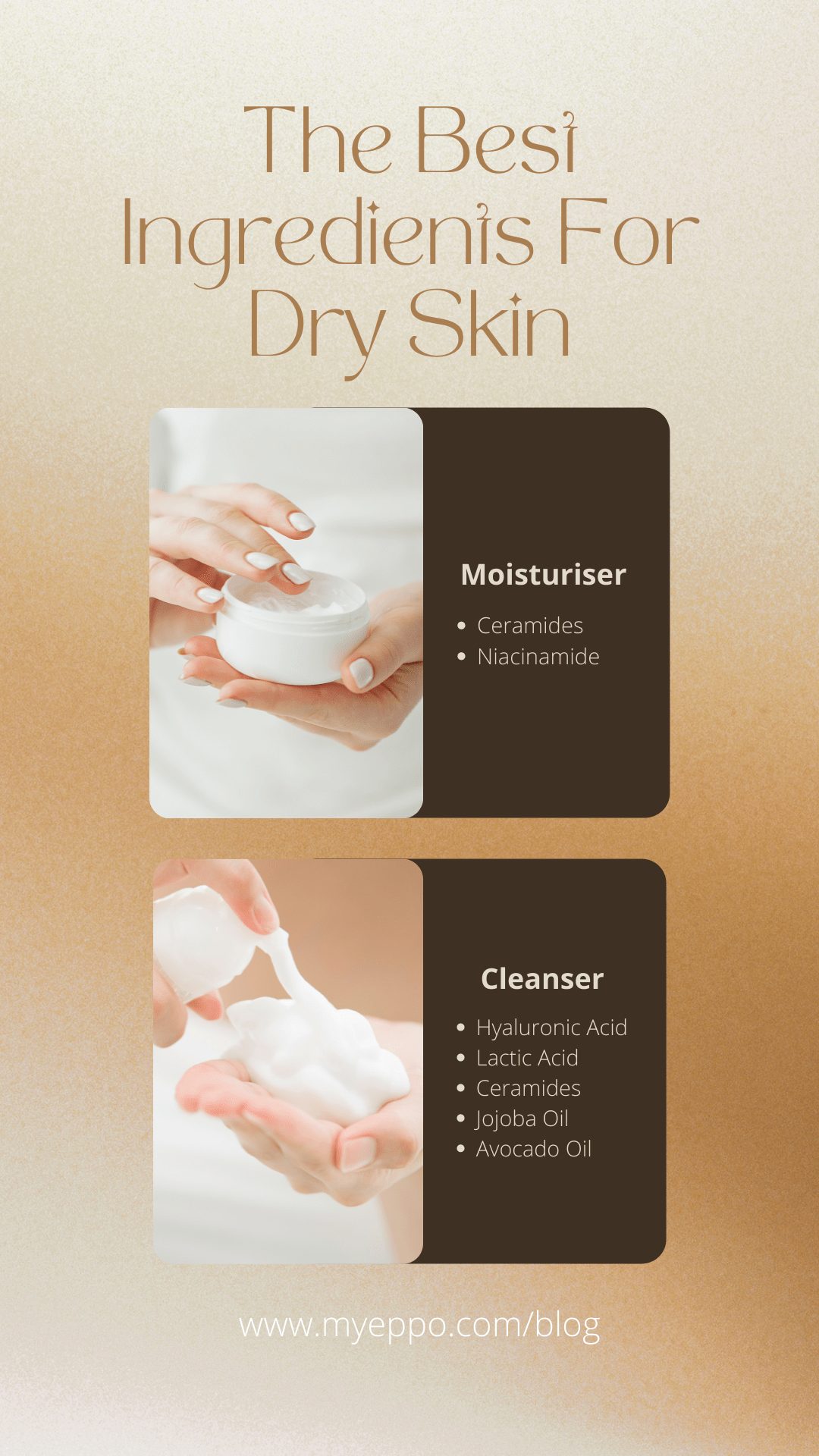
Myeppo Recommends Skincare Products For Dry Skin
Fret not, myeppo has a range of products formulated for dry skin. Shop skincare products for dry skin here.
- Sale Product on sale
 The Ordinary Natural Moisturizing Factors + HA (100ml)
The Ordinary Natural Moisturizing Factors + HA (100ml)RM85.00Original price was: RM85.00.RM76.50Current price is: RM76.50.
What Is Dehydrated Skin?
Dehydrated skin is a condition where the skin lacks water and moisture. It can occur to any skin, whether you have dry, oily, or combination skin.
Maybe you can easily associate dry skin with dehydrated conditions, but those with oily skin can be dehydrated, too! Oily but dehydrated skin means it has high sebum (oil) but low water content.
Dehydrated skin often looks dull and ashy, as if someone’s turned the lights off from within the skin! Plus, dehydrated skin also means the skin can show wrinkles and loss of elasticity much quicker.
There are a lot of factors that can cause skin dehydration. Using too many skincare products with active ingredients, food intake, lifestyle, hormone imbalance, stress factors, lack of sleep, weather, and the environment can lead to skin dehydration.
Dehydrated skin can eventually cause pimples and acne formation if not treated. Dehydrated skin triggers the overproduction of sebum to cover the lack of water.
Excess sebum, or oil, can lead to pimples when it reacts with dead skin cells and bacteria on the skin.
Related: Does Peanut Cause Acne?
Tips To Combat Dehydrated Skin
Dehydrated skin exists due to a lack of water, so you need to introduce moisture and hydration to the skin to improve dehydrated skin. The easiest way to do this is, well, to drink more water!
Every adult needs approximately two litres of water every day so try your best to drink. Add lemon or mint to the water if you don’t like the plain taste.
You can also consume more foods with high water levels. Eating watermelon, cucumber, and avocado is all tasty and easy ways to introduce more water to the body.
Using serums that contain hyaluronic acid is a great way to combat dehydrated skin. Hyaluronic acid is a trendy skincare ingredient that can attract and retain water in the skin, many times bigger than its weight! Aloe, honey, and snail mucin are also great ingredients you can choose to treat dehydrated skin.
Related: 5 Tips on How to Fix Dehydrated Skin
Myeppo Recommends Skincare Products For Dehydrated Skin
Fret not, myeppo has a range of products formulated for dehydrated skin. Shop skincare products for dehydrated skin here.
How To Differentiate Between Dry Vs Dehydrated Skin
Thankfully, it is pretty easy to check if you have dry vs dehydrated skin! Just do a quick pinch test.
Pinch your skin (back of your hand or cheek) and hold for a few seconds. Release the pinch. If the skin takes a few seconds to snap back to its original look, you are highly likely dehydrated.
You can also differentiate between dry vs dehydrated skin using the points given below:
Dry skin usually:
- Feels tight and uncomfortable.
- Appears dry and flaky.
- Appears uneven.
- It makes applying makeup difficult as the makeup does not glide smoothly. Here are some tips from Byrdie.
Dehydrated skin usually:
- Appears tired and full.
- Creates formation of wrinkles.
- Absorbs hydrating skincare products quickly.
Still Unsure If You Have Dry or Dehydrated Skin?
Hopefully, this article enhances your knowledge about dry vs dehydrated skin. If you are still unsure, the myeppo skin quiz can help you figure it out!
Just answer 13 questions and the algorithm will let you know if you have dry skin and recommend skincare products that can help to solve the issue. Click here to give it a go!

